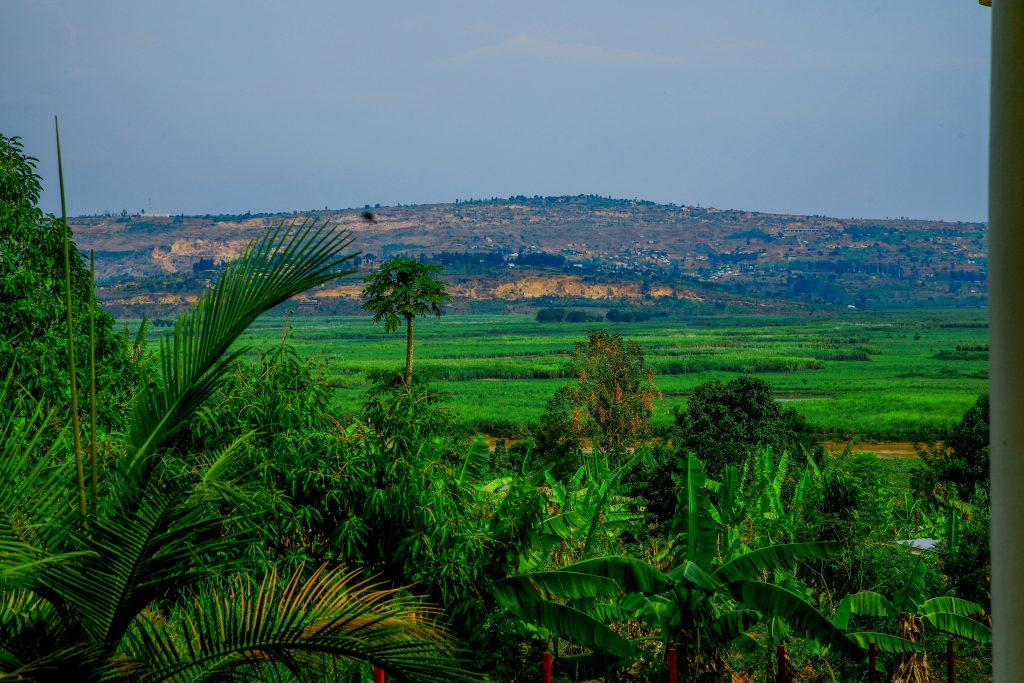Rwanda Faces Deadly Marburg Virus Outbreak: Urgent Measures Underway
Rwanda is currently grappling with a significant outbreak of the Marburg virus disease, a rare but highly contagious disease that has already resulted in the tragic loss of at least 12 lives. Health officials are working diligently to trace every potential contact of the initial cases to contain the spread of this deadly virus. The World Health Organization has classified this as an urgent public health concern, and local authorities are taking immediate action to prevent further infections.
In response to the outbreak, the Centers for Disease Control and Prevention (CDC) has issued a Level 3 travel advisory for Rwanda, advising travelers to reconsider their plans to visit the country. This advisory comes as part of a broader effort to monitor and mitigate the risks associated with the outbreak. The CDC is also putting screening measures in place for travelers arriving from Rwanda to ensure that any potential cases are identified and managed effectively.
As the outbreak unfolds, health authorities have reported that two individuals who were tested in Germany for the virus have returned negative results, providing a glimmer of hope amidst the rising death toll. However, the situation remains precarious as more cases are expected to emerge, prompting urgent action from both local and international health organizations.
In light of the escalating crisis, the Africa CDC has coordinated emergency donations to provide treatment to those affected by the virus. This support underscores the critical need for resources and preparedness in the face of such outbreaks, especially in regions that lack robust healthcare infrastructure.
Furthermore, Rwanda is considering the use of a trial Marburg vaccine as part of its response strategy. Health officials believe that the introduction of a vaccine could be instrumental in controlling the spread of the virus, although the timeline for its rollout remains uncertain. The urgency of the situation has galvanized efforts from the United States government, which is providing assistance to enhance disease response and preparedness in Rwanda.
Health experts emphasize the importance of swift action to curb the outbreak, as the Marburg virus shares similarities with the Ebola virus, particularly in terms of transmission and severity. With the potential for rapid spread, health authorities are on high alert and are urging the public to adhere to safety measures, including reporting any symptoms and avoiding contact with suspected cases.
As the situation develops, the international community is watching closely, offering support and guidance to Rwanda in its fight against the Marburg virus. The outbreak serves as a stark reminder of the ongoing threats posed by emerging infectious diseases and the need for continuous vigilance and preparedness in global health efforts.
Tags: health advisory, Infectious Disease, Marburg virus, Rwanda Marburg virus disease outbreak, Rwanda outbreak
Rwanda Faces First Outbreak of Deadly Marburg Virus as Global Concerns Rise
In a startling turn of events, Rwanda is grappling with its first-ever outbreak of the highly contagious Marburg virus, a deadly hemorrhagic fever related to Ebola. This alarming development has raised significant concerns both domestically and internationally, as health authorities work tirelessly to contain the spread of this virulent pathogen. The Marburg virus, known for its high mortality rate of up to 88%, has already claimed the lives of eight individuals in Rwanda, prompting swift action from health officials. The situation escalated when fears arose of possible transmission to other countries, particularly after two individuals suspected of carrying the virus traveled from Rwanda to Hamburg, Germany. Fortunately, both tested negative, alleviating some immediate fears of an outbreak in Europe. However, the incident led to heightened vigilance, resulting in the partial lockdown of Hamburg’s train station as a precautionary measure. Authorities reassured the public that there was no danger to fellow passengers during the incident. In Rwanda, the health ministry is preparing to initiate clinical trials for vaccines and treatments within the coming weeks, a crucial step in combating the outbreak. As the government mobilizes resources to manage the crisis, researchers are racing against time to develop effective treatments, with no approved vaccines currently available. The outbreak has not only raised alarm bells within Rwanda but has also sparked discussions globally about preparedness and response to viral outbreaks, particularly in regions where health infrastructure may be vulnerable. The international community is closely monitoring the situation, with calls for increased support and collaboration to help Rwanda navigate this crisis. As health officials continue to identify and monitor contacts of confirmed cases, the emphasis remains on containment and education to prevent further spread. The unfolding events serve as a stark reminder of the ever-present threat posed by emerging infectious diseases and the importance of global vigilance in safeguarding public health. With the Marburg virus outbreak still in its early stages, the world watches closely, hoping for effective containment and the advent of viable treatments.
Tags: hemorrhagic fever, Marburg virus, public health response, Rwanda outbreak


